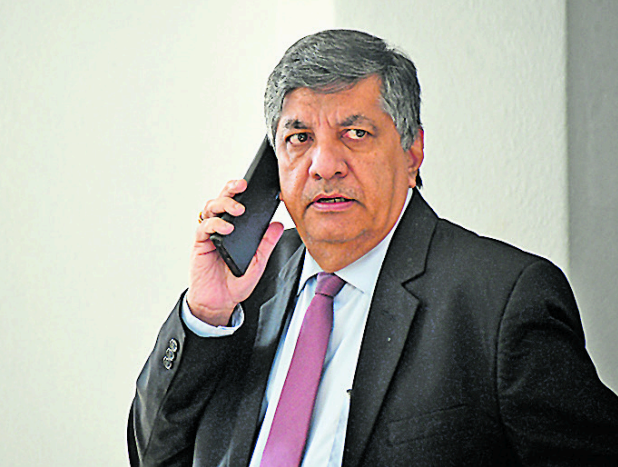SUGAR Minister Charan Jeath Singh says the inaction of previous governments is the reason for the infrastructure failures of Fiji’s sugar industry.
He said core issues facing the industry were well known yet unresolved by his predecessors.
“When the Rakiraki Mill was dismantled, why were you sleeping?” — he said in response to a question in Parliament by Opposition member Viam Pillay about diversifying ethanol production.
“You are the ones who destructed the industry.”
He said it was unviable to diversify ethanol or alternative products because the volume of cane required to sustain traditional sugar production and ethanol output simultaneously was not available.
He said a feasibility study by the Asian Development Bank, Fiji Airways and FSC showed there was scope for ethanol and SAF production in Fiji this would require a strong production base.
“Let me be clear – it is the Government’s priority is to fix the foundation.
“First, land tenure, labour shortages, mill infrastructure and farmer confidence – those are the real issues holding back production.
“Once we address those and if we can achieve the projected annual increase of cane yield, then we will be in a position to invest in product diversification.”
He said if the industry consistently achieved an increase of 200,000 tonnes of cane for three consecutive years, they could actively progress the ethanol initiative.
“Let me also consider the economic reality. While ethanol prices may currently be higher than those of the raw sugar, the yield from sugarcane does not offer a significant advantage for ethanol production.”
On average, he said, a tonne of cane yielded approximately 8200 kilograms of raw sugar, or about 70 litres of ethanol. With fuel prices still high compared with ethanol costs, Mr Singh said the financial benefit was “marginal” when the numbers are fully assessed.
“As the world accelerates towards cleaner and more sustainable fuels, we cannot afford to be left behind. The sugar industry must be ready to see its future opportunities.
“But let us be clear that readiness starts with one non-negotiable priority – more sugarcane is to be on the ground. Without it, there is no ethanol, no diversification and no future profit.”

